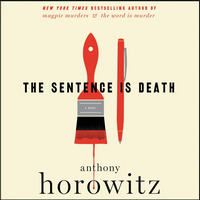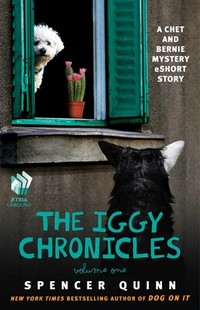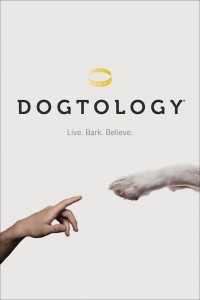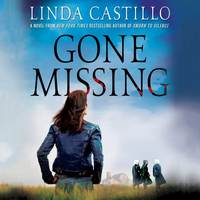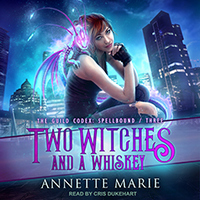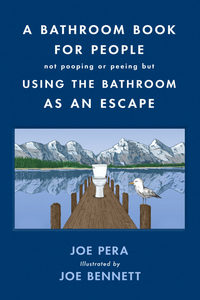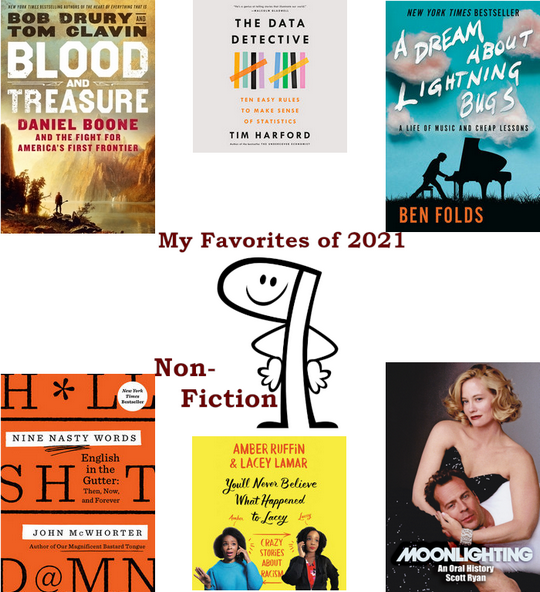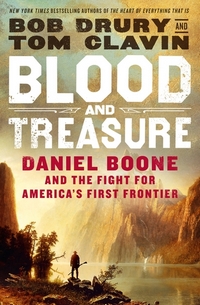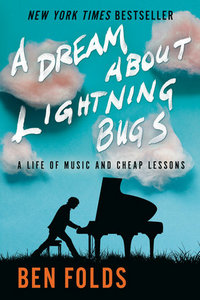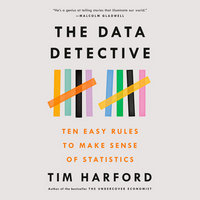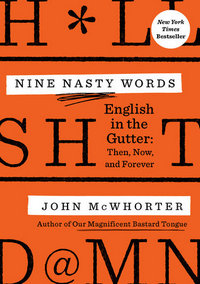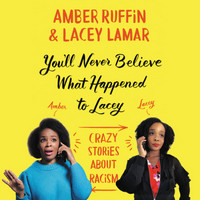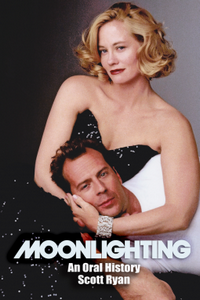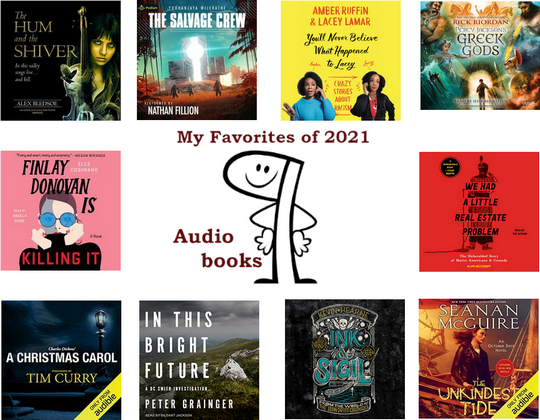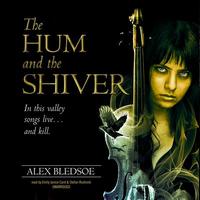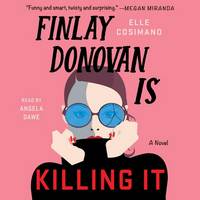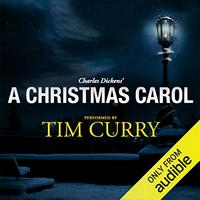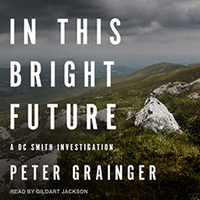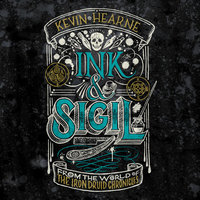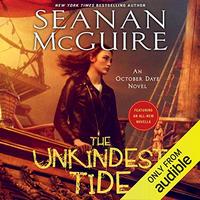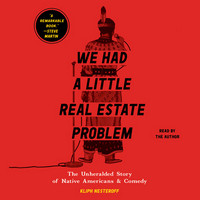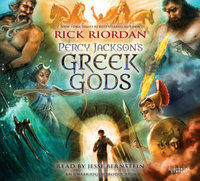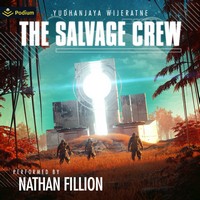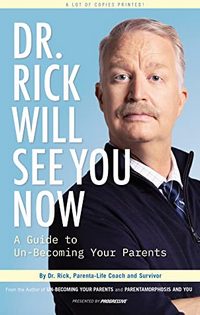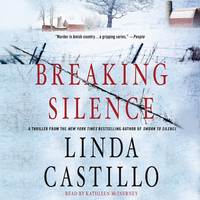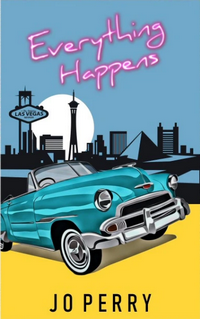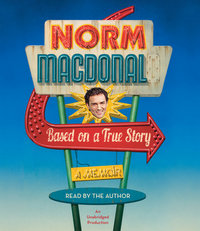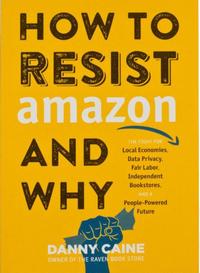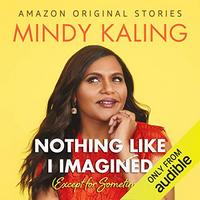 This is Going to Hurt:
This is Going to Hurt:
Secret Diaries of
a Junior Doctor
by Adam Kay
DETAILS: Publisher: HarperAudio Publication Date: March 7, 2022 Format: Unabridged Audiobook Length: 5 hr., 47 min. Read Date: May 17-18, 2022

Doctors must be psychologically fit for the job — able to make decisions under a terrifying amount of pressure, able to break bad news to us anguished relatives, able to deal with death on a daily basis. They must have something that cannot be memorized and graded; a great doctor must have a huge heart and a distended aorta which pumps a vast lake of compassion and human kindness.
What’s This is Going to Hurt About?
This book covers the years that doctor-turned-comedy writer Adam Kay spent as a junior obstetrics doctor in the NHS. I’m going to gloss over the various titles he had because it’s a different system than I’m used to, and I’d botch it—but basically, it’s the first few years post-medical school.
Essentially these are excerpts (details tweaked to everyone’s privacy) from his diaries from that time showing the day-to-day realities he faced. Told with a comedic bent, sure, but it’s just real life—a version of real-life that’s more exhausted, more stressed, and covered in more and various bodily fluids than most of us have, sure. It’s told very anecdotally, he’s not trying to construct a narrative here, just “here’s Day X, here’s Day X +2,” and so on.
He talks about preposterous situations he’s put in because of his low-ranking status and/or NHS regulations, he talks about funny situations with patients, ridiculous colleagues, unsympathetic friends, harrowing experiences, and just strange ones. Given his specialty, he deals with expectant mothers, newborns, clueless fathers-to-be, and heartbreak. We get the gamut here.
Bonus Material
The audiobook I listened to was released with the paperback release and contained some bonus material—a few more diary entries and an afterword. The afterword was essentially a rallying cry for people to support the NHS’s existence.
I don’t have a dog in this fight—but I found his arguments compelling, and I thought his support of the NHS throughout the book (while freely critiquing aspects of it) added some good and necessary grounding to the humor. The life and death aspect of the book did, too—obviously—but that’s common with medical memoirs, this is distinctive (at least in my limited experience)
So, what did I think about This is Going to Hurt?
Called to the Early Pregnancy Unit by one of the SHOs to confirm a miscarriage at eight weeks—he’s new to scanning and wants a second pair of eyes. I remember that feeling only too well and scamper over. He’s managed the couple’s expectations very well, and clearly made them aware it doesn’t look good—they’re sad and silent as I walk in. What he hasn’t done very well is the ultrasound. He may as well have been scanning the back of his hand or a packet of Quavers. Not only is the baby fine, but so is the other baby that he hadn’t spotted.
I audibly laughed—twice—during the Introduction, so I was instantly on board with this book. The laughs really didn’t let up. At times, I wondered if it was a little too jokey, and wished we got more of the narrative about his experience—but then he’d say something else funny and then I decided I didn’t care because he’s a good comedy writer. Bring on the jokes!
Like the best medical comedies (e.g., MAS*H (in all its forms), Scrubs), Kay intersperses the laughs with drama and tragedy—stories of hard-fought success and heartbreaking—even devastating—loss. That augments both ends of the spectrum—while you’re chuckling, you’re more open to feeling the empathy to appreciate the dramatic. When you’re reeling from a hard experience, you need the laughter. If Kay’s TV scripts are anything like this, I wish I could see some of his episodes.
Kay handles his own narration here and is great at it, wry detachment mixed with a no-nonsense delivery. He knows it’s funny, so he’s not trying to push the humor, he just trusts the material and lets it do the heavy lifting.
When the library told me that my hold for this was ready, I didn’t remember requesting it—wasn’t sure at all why I did. But I gave it a chance, and am so glad I did—it made for a very entertaining 5+ hours. I think you’ll find the same if you give it a try.

This post contains an affiliate link. If you purchase from it, I will get a small commission at no additional cost to you. As always, opinions are my own.
![]()



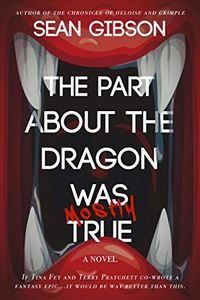

 I stumbled onto my notes from
I stumbled onto my notes from 
